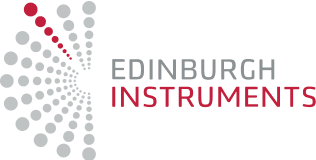Edinburgh Instruments Lectureship, Duke University, USA
Once again we are delighted to be sponsoring the 2019 Duke University Lectureship. Hosted by Dr. Michael Therien, Professor of Chemistry at Duke University, this annual event invites leading industry experts to discuss the prominent research which they have been involved in. This year’s talk will be given by Professor Thomas J. Meyer who will be focusing on the topic „Making Solar Fuels“.
Thomas J. Meyer
Arey Distinguished Professor
Prof. Meyer earned his Ph.D from Stanford University in 1966 and has since focused his research on Solar Energy Conversion and Artificial Photosynthesis.
„We are all aware of the changes in energy supply and use that will have to be made for the future. A key is the sun and stepping beyond its daily input to enter the energy mainstream for a 24 hour day. As in the leaves of a plant, one way to proceed is by solar fuels with energy stored in solar collectors stored and converted into power on demand.“ – Prof. Thomas Meyer
Research Synopsis
One of the most pressing issues facing mankind in the 21st century is creating a new energy future based largely on renewable energy sources, more efficient use of existing sources, and minimizing environmental impact. The ultimate renewable energy source is the sun but it is of low intensity, requiring large collection areas, and it goes down at night placing huge demands on energy storage.
Our approach to this, in the UNC Energy Frontier Research Center for Solar Fuels, is solar fuels and application of a photoelectrochemical approach to water splitting into oxygen and hydrogen and reducing CO2 to carbonbased
fuels. It utilizes the concept of the Dye Sensitized Photoelectrosynthesis Cell, DSPEC, which integrates molecular assemblies for light absorption and water oxidation or CO2 reduction on the surfaces of high band gap semiconductor oxides such as TiO2, SnO, and NiO.
Specific areas of research include:
Synthesis of catalysts for water oxidation, carbon dioxide reduction and molecular assemblies for photochemical and photoelectrochemical energy conversion.
- Mechanistic and electrochemical studies of water oxidation and CO2 reduction in solution and on surfaces in collaboration.
- Transient and steady state photophysical and photochemical investigations of electron and energy transfer in films, in solutions, and at interfaces in collaboration with the Papanikolas group.
- Integration of components for light absorption, electron transfer, and catalysis in molecular assemblies and at interfaces for applications in Artificial Photosynthesis.
- Development of oxide materials and interfaces for electrocatalysis and photoelectrocatalysis.
PCET
Reactions in which both electrons and protons are transferred, plays an important role in catalysis and energy conversion in chemistry and biology. There are important examples in photosynthesis and respiration. PCET provides the basis for single electron activation of multi-electron transfer catalysis and simultaneous electron-proton transfer (EPT) is used to avoid high energy intermediates. We are exploring the role of PCET in three areas:
- Chemical models for oxidation of amino acids- cysteine, tyrosine, tryptophan- and guanine in DNA. This includes analysis of the role of PCET in a large class of proteins the oxido-reductases and in neural disorders such as epilepsy.
- PCET in electrocatalysis and sensing including chemical modification of electrode surfaces.
- PCET reactivity in molecular excited states.
The event is open to the public. For further information on the event or to arrange an appointment to meet with a member of our team contact us at ussales@edinst.com.
Venue
Duke University
Department of Chemistry
124 Science Dr
Durham, NC 27708
For details on how to get to the university click here









